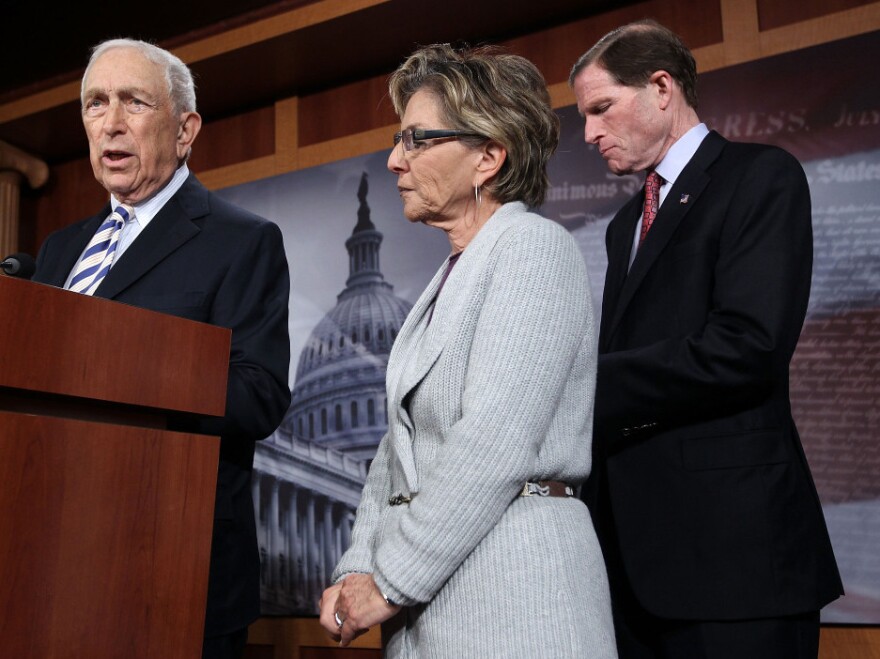John McCormack is a staff writer for The Weekly Standard.
Rasmussen reports: "The latest Rasmussen Reports national telephone survey finds that 39 percent of likely U.S. voters believe the government should require a church or religious organization to provide contraceptives for women even if it violates their deeply held beliefs. 50 percent disagree and oppose such a requirement that runs contrary to strong beliefs, while 10 percent more are undecided.
65 percent of Catholic voters oppose this requirement, as do 62 percent of Evangelical Christians, and 50 percent of other Protestants. Most non-Christians (56 percent) support the Obama Administration ruling."
It's worth noting that Rasmussen only asked voters about the contraception mandate, not about mandated coverage of the "week-after" pill "ella" that can induce early abortions--and that requirement could very likely be more unpopular.
Some supporters of the mandate might take exception to the wording of Rasmussen's poll question because it mentions "churches and religious organizations," but the Obamacare mandate nominally has an exemption for houses of worship. However, as Jonathan V. Last points out in this week's issue, the exemption does not cover all churches:
"Sebelius included one small conscience exemption: A religious employer who objects to medical treatment aimed at prevention of the disease commonly known as "pregnancy" may leave it out of their health insurance coverage provided the employer satisfies three criteria: (1) It has religious inculcation as its primary duty; (2) It primarily employs people of the same faith; and (3) It primarily serves people of the same faith. This fig leaf is enough to cover most small churches—so long as your parish employs only a couple of priests and a secretary, it would probably get a pass. Larger institutions would not.
In the Catholic world, for instance, a diocesan office often employs lots of people — lawyers, janitors, administrative staff — who are not necessarily Catholic. And the duties of such offices extend far beyond inculcation of the faith — to include charity, community service, and education."
APublic Religion Research Institute poll released yesterday found that 52 percent of Catholic voters agreed with the statement, "employers should be required to provide their employees with health care plans that cover contraception and birth control at no cost." But when asked specifically about the requirement that religiously affiliated organizations provide contraception, 52 percent of Catholic voters said they opposed such a mandate while 45 percent supported it.
Copyright 2021 The Weekly Standard. To see more, visit The Weekly Standard.


